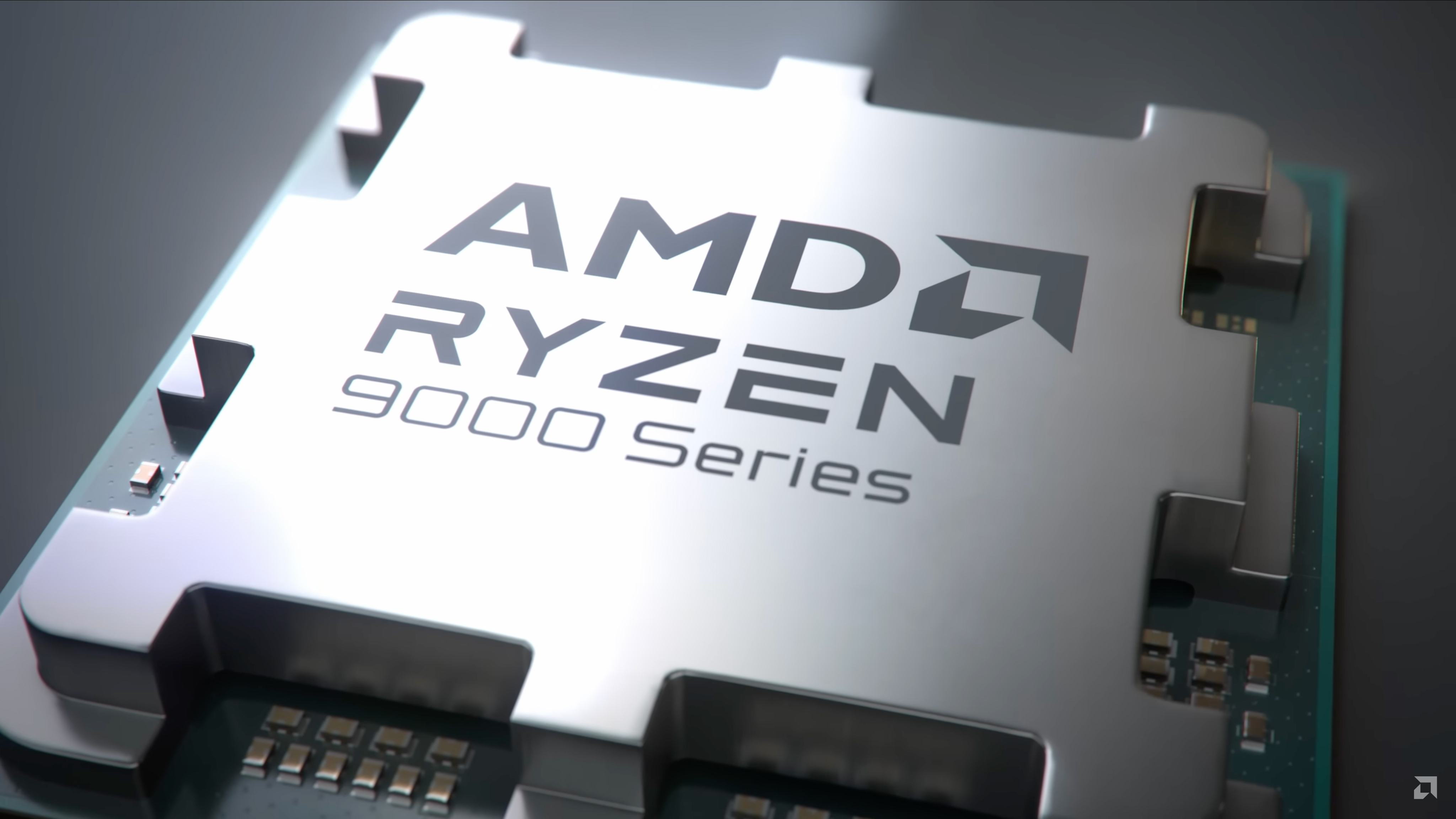
Just ahead of the intended release of Linux kernel version 6.12, AMD Linux engineer Mario Limonciello pushed an urgent fix to be merged with Linux kernel 6.12, and retroactively to other kernels. The fix gets rid of some hard crashing issues that were being experienced by Ryzen 7000 and 8000 Series processor users dabbling in virtualization, per Phoronix.
As explained by AMD engineer Mario Limonciello in his patch note, "A number of Zen4 client SoCs advertise the ability to use virtualized VMLOAD/VMSAVE, but using these instructions is reported to be a cause of a random host reboot. These instructions aren't intended to be advertised on Zen4 client, so clear the capability." In other words, the fix here is simply disabling virtualized VMLOAD/VMSAVE instructions on Zen 4, since Zen 4 CPUs weren't meant to have these instructions to begin with.
Amusingly, this isn't the only major virtualization-related bug we've reported on this week, or even today. We just covered an issue with M4 Macs and virtualizing versions of MacOS older than 13.4 Ventura, which was released in just May 2023. Unlike this virtualization bug, though, that one has yet to be fixed — impacted Mac users can only resort to older Mac computers, unlike AMD Linux users who will soon be covered by upcoming Linux kernel patches, even if they don't shift to the 6.12 kernel completely.
In any case, now that this AMD crashing issue with virtualization under Linux has been fixed, it looks like the upcoming launch of Linux kernel 6.12 should proceed without a hitch. Several new features are coming with kernel version 6.12, but most of them involve laying down compatibility preparations for upcoming AMD, Intel, Nvidia, and even Qualcomm CPUs and GPUs. Kernel 6.12 will even have Raspberry Pi 5 support, which is a first for a mainline kernel.
Considering how many AMD and Linux users utilize virtualization and virtual machines for a variety of goals (from getting around software compatibility issues through Wine or Proton to running virtual machines for server or enterprise use), it's a good thing that this bug with Ryzen 8000 and Ryzen 9000 Series CPUs was able to get ironed out ahead of Linux kernel 6.12's full release. Fortunately, AMD's server-side EPYC CPUs were not impacted by these bugs, to begin with.







